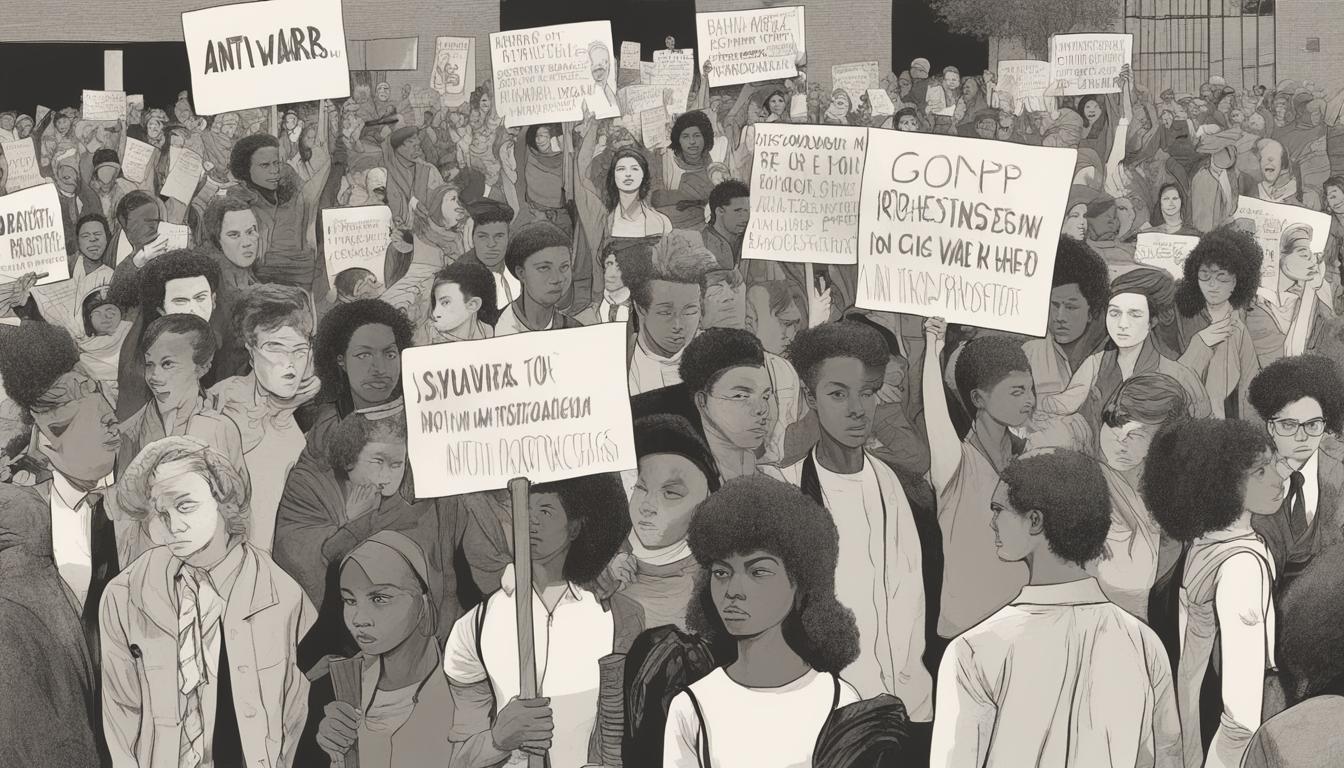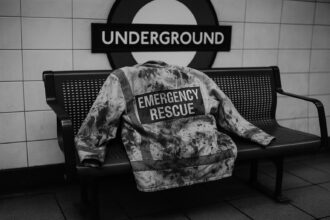A federal investigation has been launched into Emory University following claims of discrimination against students with Palestinian, Muslim, or Arab backgrounds, amid broader national protests and historical comparisons to other significant student movements.
Emory University in Atlanta is currently under a federal investigation following allegations of discrimination against students with Palestinian, Muslim, or Arab backgrounds. This inquiry, prompted by a formal complaint citing violations of the Civil Rights Act, examines claims of targeted harassment and derogatory incidents on campus, which allegedly received insufficient response from the university administration. Similar allegations have been brought against other universities across the U.S., including Columbia University, Rutgers University, and the University of Massachusetts-Amherst.
The complaint includes specific incidents, such as a student being doxed for their involvement with the “Students for Justice in Palestine” organization, and another student facing verbal abuse about their Palestinian ethnicity. Organizations advocating for the rights of these students hope that the investigation will foster a more inclusive environment and address what they perceive as a pattern of silencing and discrimination under the guise of fighting antisemitism.
Parallel to this, current campus protests in the U.S. against the Israel-Hamas war are drawing comparisons to historical student movements, particularly the anti-Vietnam War protests in the 1960s and 70s. While some contextual similarities exist, experts like historian Robert Cohen argue that today’s protests do not quite match the intensity or scale of those decades ago. The tactics and responses from university authorities today are notably different, with a quicker action to disperse gatherings and a perceived lower tolerance for dissent amongst protestors. Despite fears of escalation, today’s campus demonstrations largely remain peaceful, with occasional minor confrontations between protesters and police.
These investigations and protests reflect broader concerns about campus climates and societal issues, intersecting discussions of civil rights, historical activism, and current international conflicts.













